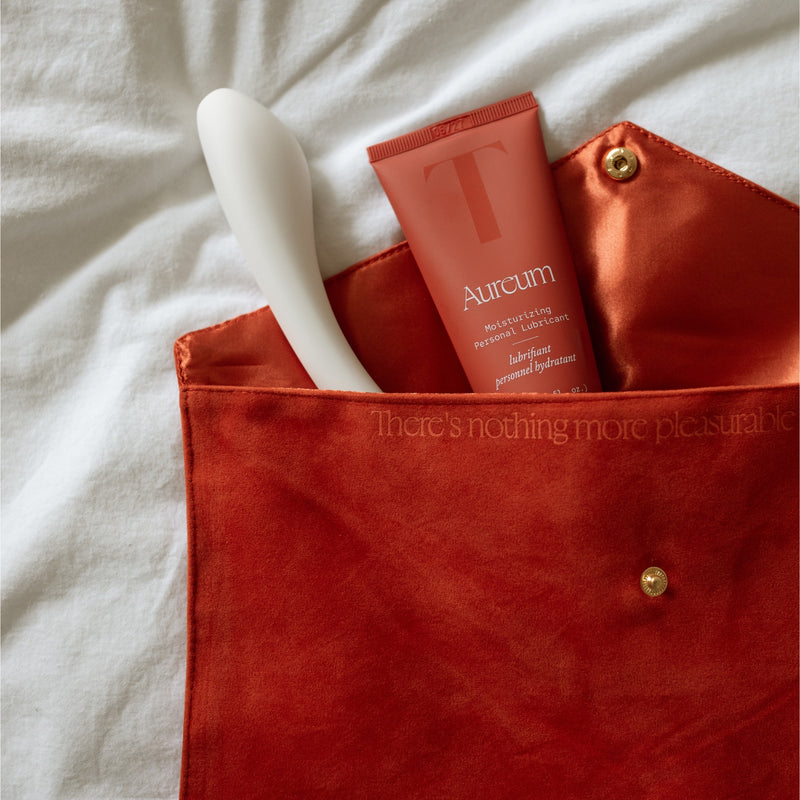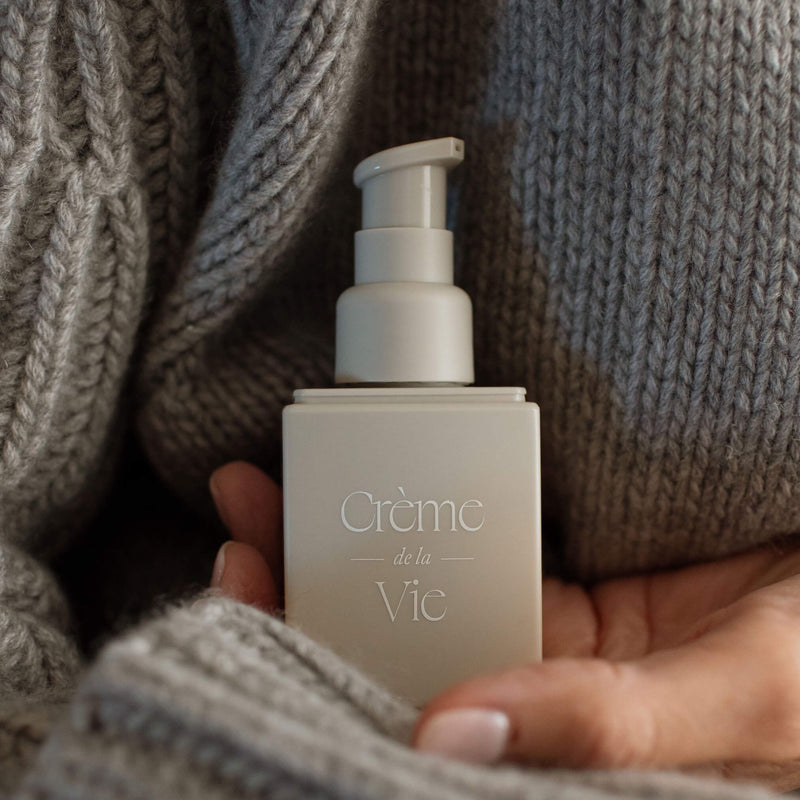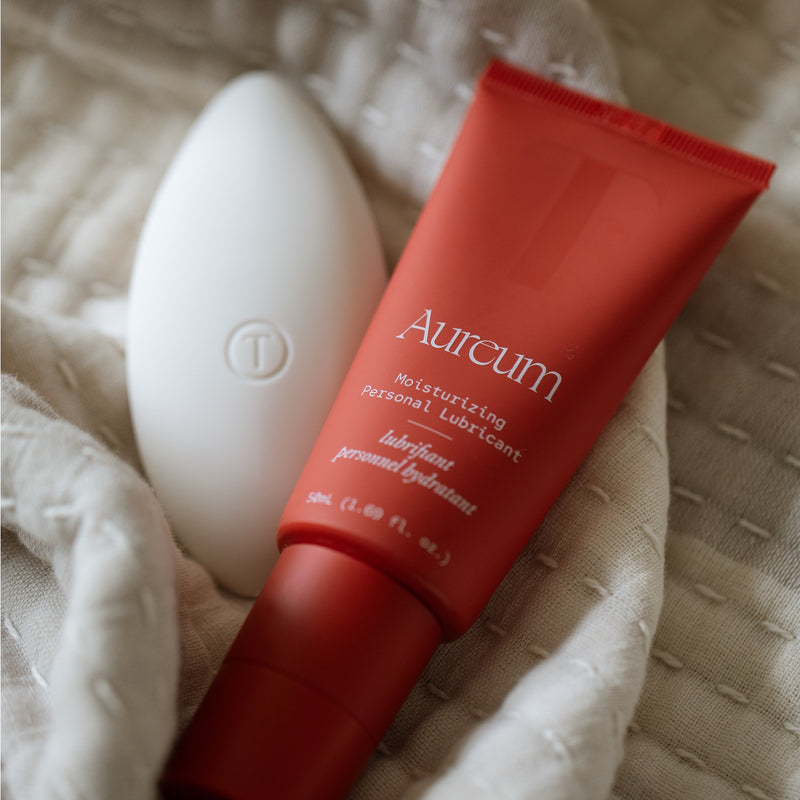03 Office Hours | What we learned
A jam-packed conversation
When mid-life women’s sexual health expert Dr. Barb DePree came to talk at our Office Hours this January, she touched on a wide array of subjects that have been on the minds of our community.
Although it’s tough to capture Dr. Barb’s brilliance in a short blog, we pulled together a few of the valuable insights she shared.
The tip of the iceberg
-
The studies about the dangers of hormone therapy are flawed. Many community members had questions about hormone therapy - specifically, about the safety of said therapies. Dr. Barb walked us through the origin of the flawed thinking that hormone therapies are dangerous for women’s health after 50.
She revealed that the 20+ year old WHI study (upon which the negative opinions about hormones are based) didn’t show clinical significance for instances of breast cancer in the “estrogen/progesterone” arm of the study. The “estrogen alone” arm of the study (women who had a hysterectomy and were not on progesterone) actually showed less instances of breast cancer than the placebo arm.
“I have women in their 80s using vaginal estrogen. I have women in their 80s using systemic estrogen. There is no line in the sand where it’s safe and then it becomes dangerous.”
-
But there are great non-hormonal options available. Dr. Barb emphasized that in her gynecological practice, they are aware of the fears around hormonal treatment, especially amongst breast cancer patients. Her practice recently installed a Mona Lisa Touch Laser - which has shown a lot of promise so far as a GSM treatment, specifically for comfort and urinary function.
The laser therapy works through creating microinjuries - the lasers penetrate microns deep, and the subsequent healing process calls in all the necessary blood supply, and healthy proteins. When your body is called on to restore the area that has been damaged, it restores it healthier and better than before.
“I’ve had it done to myself - just because when we all trained, we all did it, we wanted to experience it. Absolutely no pain, no recovery. You can have intercourse in three days.”
-
Libido works a little differently than you might think. Dr. Barb showed our community a more empowering way of looking at libido. The old theory of understanding sexual function started with drive and desire. You start with desire, and then foreplay leads to physical arousal, which leads to orgasm, and resolution.
She introduced the group to a somewhat new way of looking at libido from Dr. Rosemary Basson - a circular model. This model doesn’t start with drive or desire. It starts with the intention to choose a sexual experience. Once you begin engaging in foreplay or the activity itself, there will be a physical response, which leads to desire. Dr. Barb says that she would encourage women to view this as okay. More than okay, it’s totally normal.
“We have come to understand that as you approach menopause, it’s probably not shocking that the act designed for reproduction may diminish when we can no longer reproduce. You lose the physiologic ability to reproduce. We are not driven to do what’s now impossible.”
*Genitourinary Syndrome of Menopause, or GSM, is used to describe atrophy and a mix of vaginal and urinary tract symptoms.
Want a chance to get your sexual health questions answered?
Don’t worry, we provide Office Hours exclusively to our newsletter subscribers on a monthly basis.
Keep an eye on your inbox to sign up for our February Office Hours on February 24, 2022!
Our next expert is Tabu Advisor Dr. Heidi Gastler, PFPT. We’re so excited to receive your questions!









